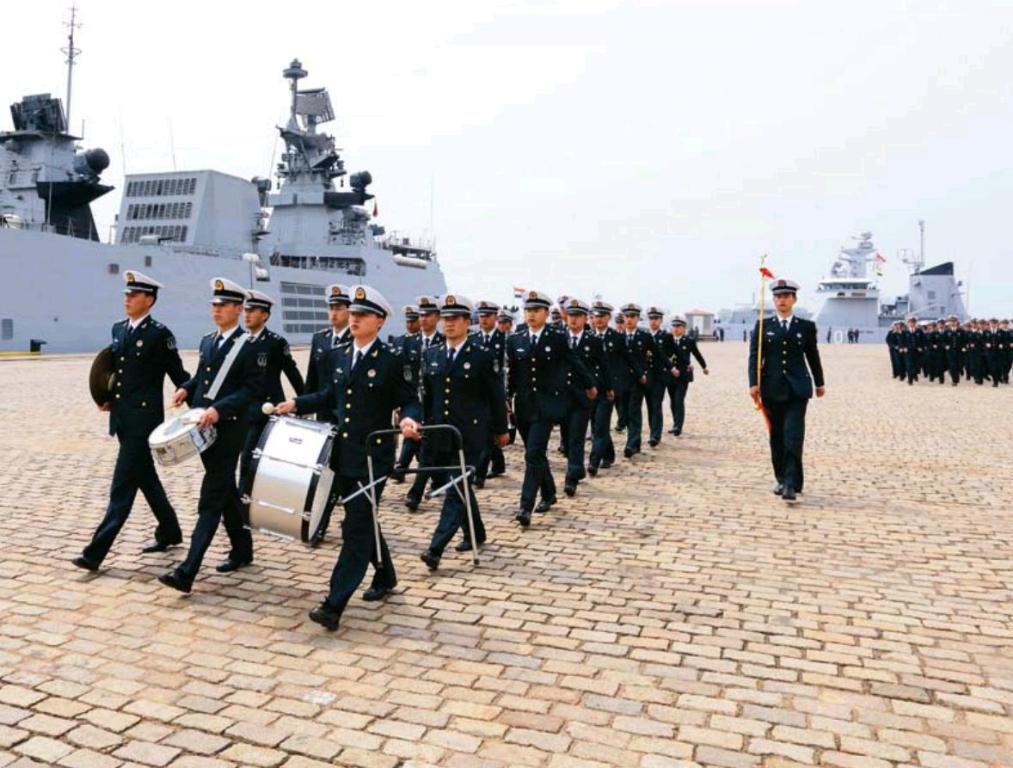Hagel Visits China
Hagel Visits China
On April 8, Chinese State Councilor and Defense Minister Chang Wanquan and his U.S. counterpart, visiting American Defense Secretary Chuck Hagel, listen to the Chinese national anthem during a welcome ceremony in Beijing. On April 7, Hagel began a four-day visit to China, his first since taking office in February 2013. Since Hagels remarks in Japan about China were “extremely unfriendly,” Fan Changlong, vice-chairman of Chinas Central Military Commission, expressed“dissatisfaction” when meeting with Hagel. After sometimes heated meetings, the two sides reached important consensuses. During his trip, Hagel also visited aircraft carrier Liaoning and gave a speech at the National Defense University of the PLA. Before leaving, Hagel expressed gratitude for Chinas“sincere dialogue.”
ABACE 2014
On April 14, planes participating in the Asian Business Aviation Conference & Exhibition (ABACE) 2014 parked on the tarmac of Shanghai Hongqiao International Airport. ABACE 2014 was held from April 15 to 17, with more than 20 international business aviation manufacturers participating. Small aircraft used for business activities and administrative affairs, private jets often weigh less than nine tons and can carry 4 to 10 passengers. Amidst the sluggish recovery of the global economy, China has become the most promising market for business aviation. Starting in 2012, ABACE will be held in Shanghai for five consecutive years.
Chinese Navy Celebrates 65th Birthday
On April 20, a band playing for the Chinese navys welcome ceremony passed Shivalik, a frigate of the Indian Navy. On that day, ships from several countries participating in a multilateral drill dubbed “Maritime Cooperation-2014” arrived at the port of Qingdao, Shandong Province. The drill marked the 65th anniversary of the establishment of Chinas navy and focused on search and rescue work. Twelve Chinese vessels were joined by seven warships from Brunei, India, Bangladesh, Pakistan, Indonesia, Singapore and Malaysia to participate in the drill.
New Evidence of Japans WWII Atrocities
In early 2014, Jilin Archives released a new batch of documents evidencing Japanese war crimes in China during WWII. The documents prove that they recruited Chinese laborers by force and treated them violently. The documents were found in files left by the Japanese in the headquarters of Japanese Military Police of Kwantung Army and material from the Manchukuo period.
China Pictorial2014年5期
